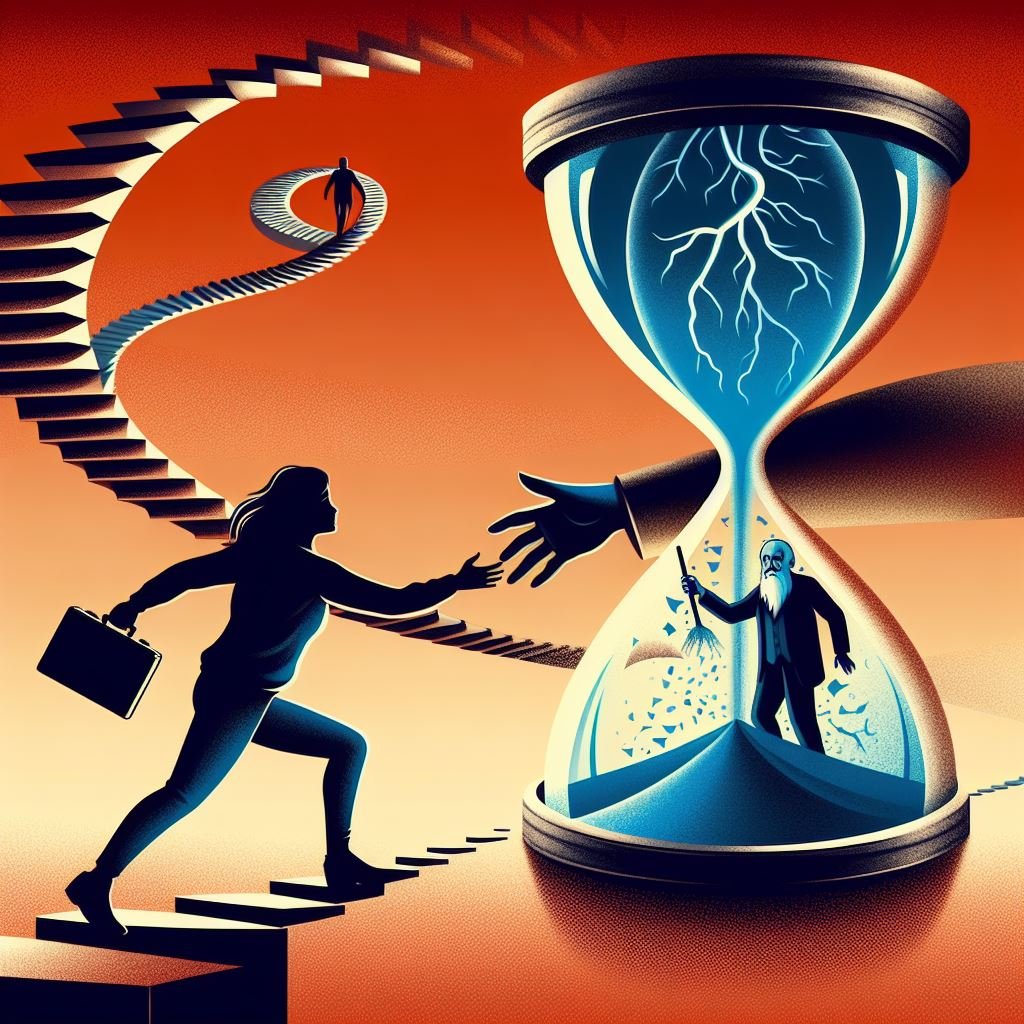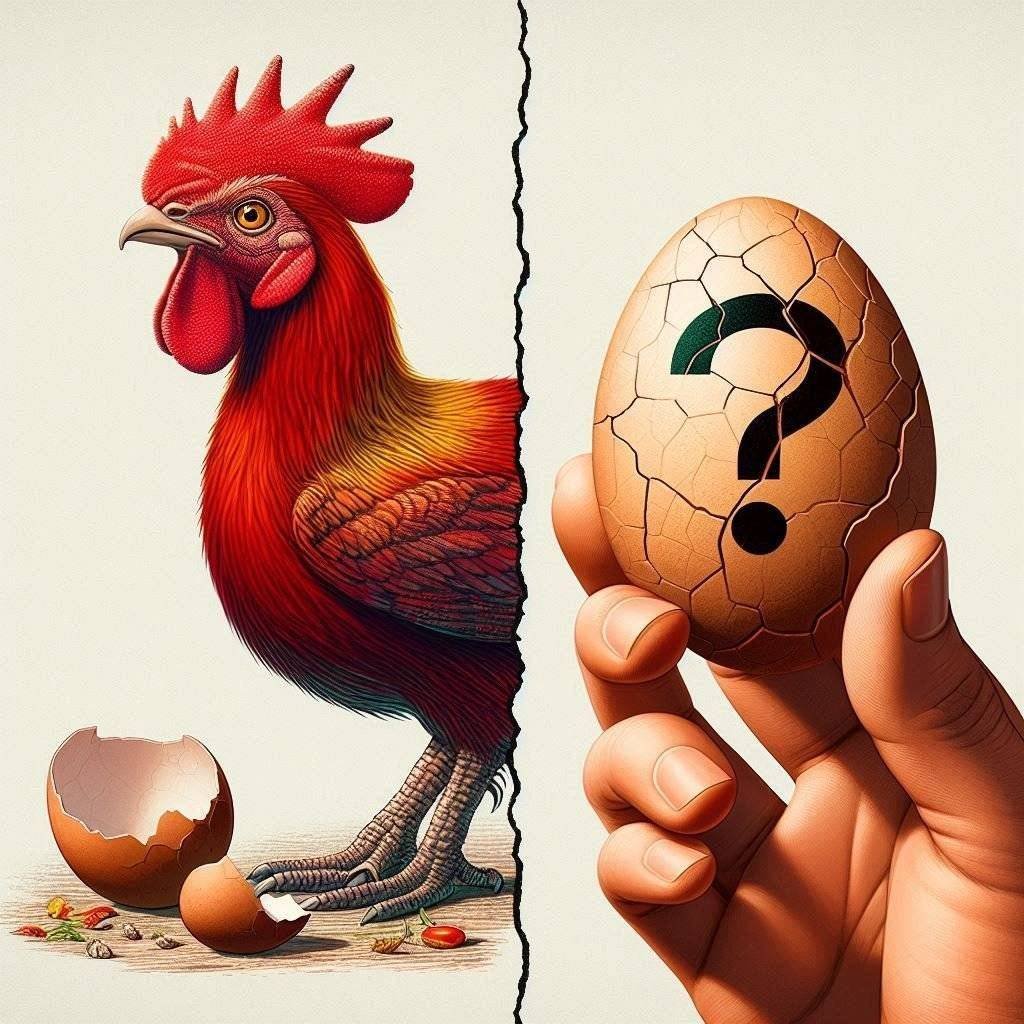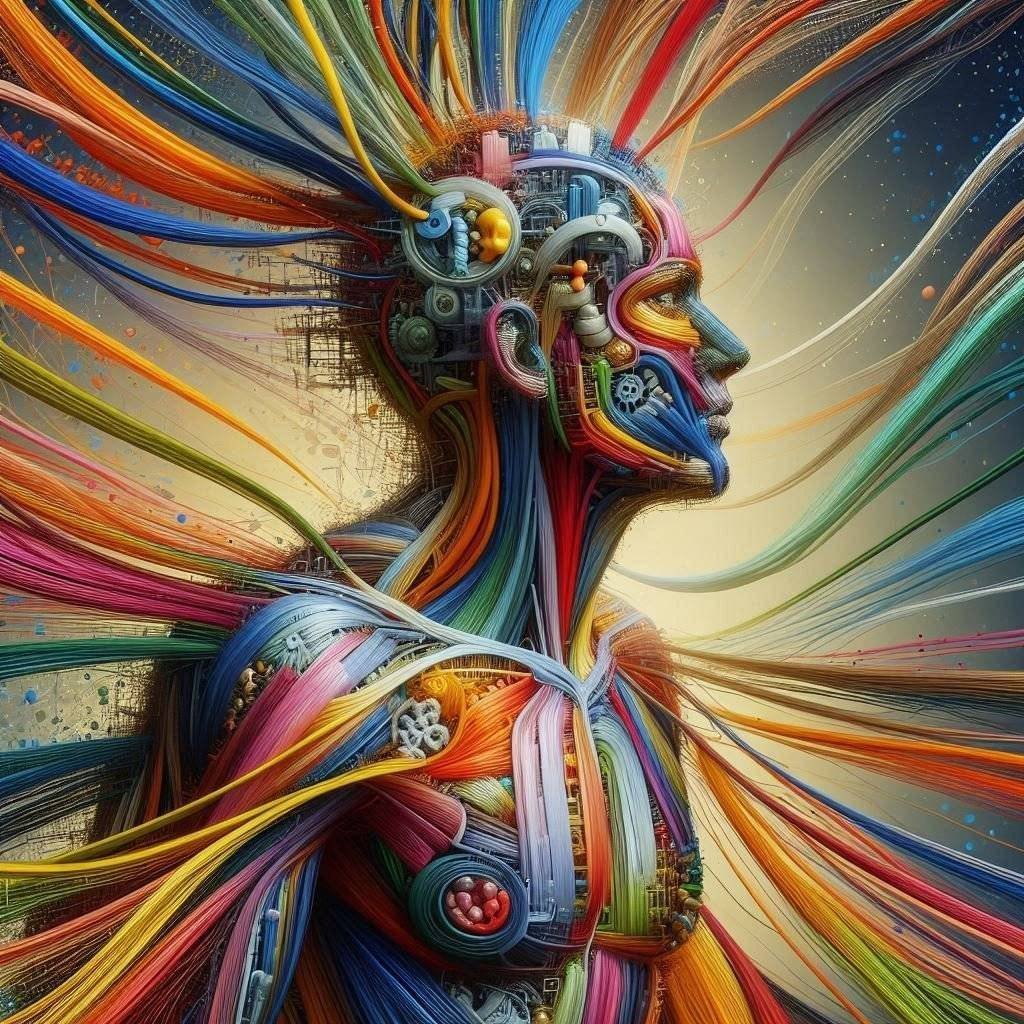Time travel, a captivating notion, is riddled with paradoxes that challenge our understanding of causality and the very fabric of reality. One of the most famous paradoxes, the Grandfather Paradox, throws a wrench into the idea of altering the past. It presents a seemingly impossible scenario:
- You travel back in time and prevent your grandfather from meeting your grandmother, essentially preventing your own birth.
- However, if you weren’t born, you wouldn’t be able to travel back in time and alter the past in the first place.
This paradox forces us to confront the complexities of time travel and its potential consequences.
Exploring the Paradox:
Imagine you have access to a time machine. Here’s the core dilemma:
- Action: You travel back in time and prevent your grandfather from meeting your grandmother.
- Consequence: This act disrupts the chain of events that led to your parents’ meeting and your own birth.
- Contradiction: If you were never born, then who invented the time machine or traveled back in time?
The Paradox’s Implications:
The Grandfather Paradox highlights several issues with altering the past through time travel:
- The Conservation of Causality: This principle suggests that the past cannot be changed in a way that would create inconsistencies or paradoxes. Preventing your own birth would create a massive causal inconsistency.
- The Closed Timelike Curve: This hypothetical concept in physics describes a closed loop in spacetime where an event can both cause and be caused by itself. The Grandfather Paradox exemplifies such a closed loop.
Interpretations and Theories:
Several theories attempt to explain or resolve the Grandfather Paradox:
- The Novikov Self-Consistency Principle: This principle proposes that time travel cannot create paradoxes. The act of traveling back in time might somehow prevent you from altering the past in a way that would erase your own existence.
- The Many-Worlds Interpretation: This theory posits the existence of parallel universes. Your time travel might create a new timeline where you prevent your own birth, but your original timeline remains unaffected.
- The Fixed Timeline: This theory suggests that the past is immutable, and no amount of time travel can change it. Attempts to alter the past might result in unintended consequences, or simply fail altogether.
Beyond the Paradox: The Allure of Time Travel
While the Grandfather Paradox might seem like a barrier to time travel, it serves as a valuable thought experiment:
- Examining Causality: It forces us to question the nature of causality and the potential consequences of altering past events.
- Exploring the Boundaries of Time Travel: The paradox helps define the limitations of time travel within theoretical frameworks.
- Fueling Creativity: It continues to spark creative thinking in science fiction and storytelling, offering fertile ground for exploring hypothetical scenarios involving time travel.
Real-World Applications (or Lack Thereof):
Time travel remains a realm of science fiction, but the paradoxes it raises hold relevance in other domains:
- The Butterfly Effect: Chaos theory suggests that seemingly small changes in the initial conditions can have vast and unpredictable consequences in the future. The Grandfather Paradox highlights the potential for unintended consequences when altering a system (like history)
- Decision Making and Causality: In everyday life, we often face decisions with uncertain consequences. The paradox reminds us of the interconnectedness of events and the potential for our actions to have unforeseen ripple effects.
The Enduring Mystery of Time Travel: A Paradoxical Journey
The Grandfather Paradox, along with other time travel paradoxes, highlights the limitations of our current understanding of time and causality. It challenges us to consider the possibility of a universe where cause and effect might not be as linear as we perceive. While the feasibility of time travel remains an open question, the Grandfather Paradox serves as a reminder of the fascinating possibilities and mind-bending complexities that lie at the intersection of science fiction and philosophy.



